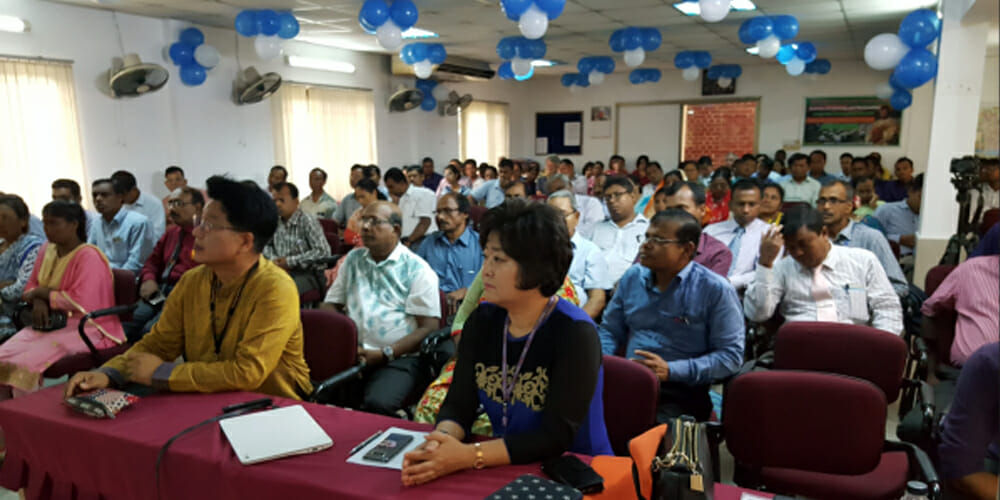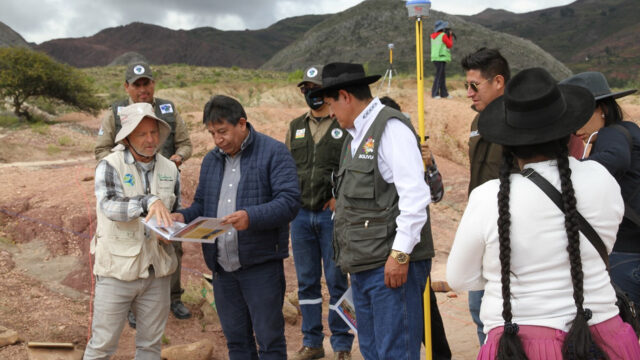Recently trained coordinators will pass along insights to church members.

According to recent studies, the number of patients with mental health issues has grown significantly around the world in the past few years. Researchers see this issue becoming one of the top causes for morbidity and mortality. The World Health Organization (WHO) has noted a growth of mental health issues among young people, beginning at age 14.
Recognizing this risk, the Health Ministries Department in the Southern Asia-Pacific Division (SSD) of the Seventh-day Adventist Church mobilized personnel in union and conference regions to devise programs that will help church members deal with the realities of mental illnesses, including suicide and other sensitive topics. “The new initiative aims to train individuals to be resilient when mental health circumstances arise, giving them tools so they know how to respond,” regional leaders said.
Primarily reaching out to countries within what is known as the 10/40 Window, a densely populated region in the world where Christians are a minority, the Adventist Church in the SSD region recently trained mental health teams in its 11 unions. “We expect that these teams will share information with church members on how to achieve a functional mental state, improve self-esteem, gain confidence, and re-establish a strong relationship with Christ,” leaders said.
Regional church leaders also explained that the training includes teaching how to administer a variety of personality tests. The tests enable volunteers to accurately identify appropriate measures to help patients improve their emotional health, they said.
“Core teams were also trained in how to conduct psychological first aid for victims of disasters, calamities, violence, bullying, rape, and brutality, and to those with mental disorders,” training coordinators reported.
Along with the mental health training, the SSD Health Ministries Department is working with church institutions and schools in the structuring of protocols and procedures to be followed whenever these institutions come across mental health cases.
Training facilitators said that they also discussed the various methods of ministering to dysfunctional individuals using the 12 Steps ministry promoted by Adventist Recovery Ministries (ARMin). ARMin is a ministry focused on training volunteers across cultures and backgrounds — both in large cities and remote areas — to spread awareness about mental health. Part of ARMin’s goal is to rescue patients from mental health issues and point them to the ultimate source of healing, Jesus Christ.
One volunteer from the Bangladesh Union Mission who took part in the training highlighted the importance of the knowledge acquired. “What I have learned from this training seminar will be of great help to my co-workers and me, to deal with our church members and others with care, kindness, and love,” he said.








